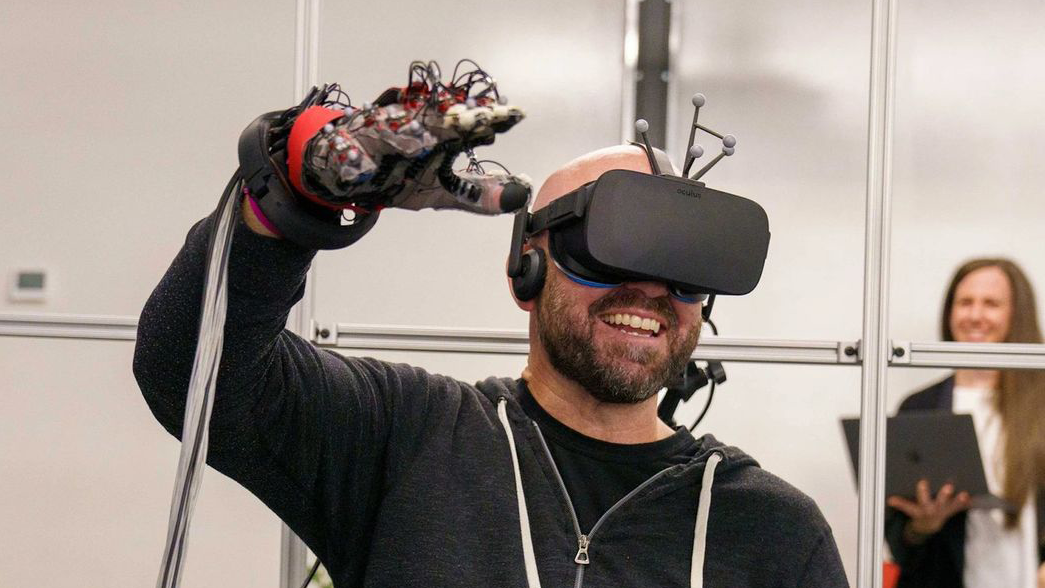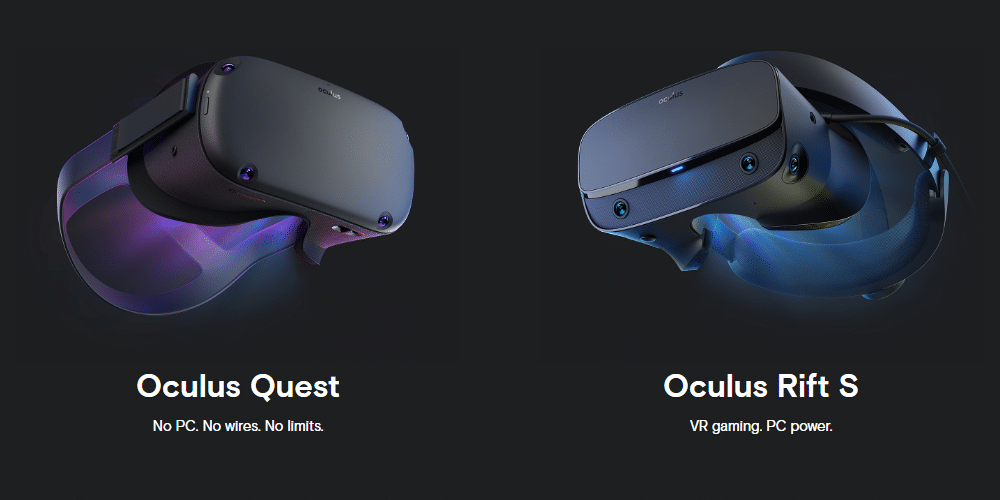
Meta CTO Was Reportedly For PC VR And Against Standalone
Huh? Meta CTO Andrew Bosworth reportedly once argued for cancelling the Oculus standalone headset project and keeping Rift PC-based VR.
The Information’s Sylvia Varnham O’Regan published a profile of Bosworth today, citing former employees to outline his path from building the Facebook news feed to spearheading mobile advertising, and then heading the AR/VR division from 2017 onwards.
When Bosworth took over Oculus it was reportedly “in a messy state”, with a bitter feud ongoing between the people who wanted to focus on PC-based Rift headsets and others who wanted to build tetherless standalone headsets.
The report claims Bosworth sided with the PC-based camp and argued Facebook should kill “the standalone VR project”, but Mark Zuckerberg overruled him to decide that both approaches should be tried.
One year later Oculus released its first standalone headset, Go. But despite a price of just $200 and a celebrity marketing campaign, its lack of positional tracking and basic laser pointer remote meant it couldn’t run the active content that was drawing people to VR. Worse, its fragmented software didn’t deliver on the media cowatching the marketing promised either.
A year later though Facebook shipped Oculus Quest, the headset that redefined VR and set the stage for Quest 2, arguably the first mainstream VR headset. Quest bridged the room-scale movement and tracked controllers of Rift+Touch with the standalone wireless nature of Go, proving that the magic of VR was in the ability to directly interact with the virtual world, not necessarily requiring high fidelity graphics. Standalone VR was a good idea after all, it just needed the right minimum set of features.

That Zuckerberg’s right hand man would once be against the idea of standalone headsets and in favor of the PC-based Rift runs directly counter to the popular narrative that Facebook executives were united in a grand, long running plan to forcibly transform the PC focused startup Oculus into a mobile device division.
In fact it was actually John Carmack who was most in favor of mobile standalone VR in the early days of Oculus. In 2012, before he even formally joined the company, Carmack described his goal of a headset that would use “mobile phone hardware” and cameras for positional tracking with no wires. In 2013, while CTO of Oculus, Carmack even described this ideal headset as running a version of Android.
Today Meta is fully focused on its Quest headsets. The company formally announced the death of the Rift line when it released Quest 2, making PC VR solely a software feature rather than a separate headset offering. But if The Information’s reporting is accurate, there was a possible timeline where the VR market could have looked very very different.
We reached out to Bosworth and Meta representatives for comment and will update this article if we get a response.


